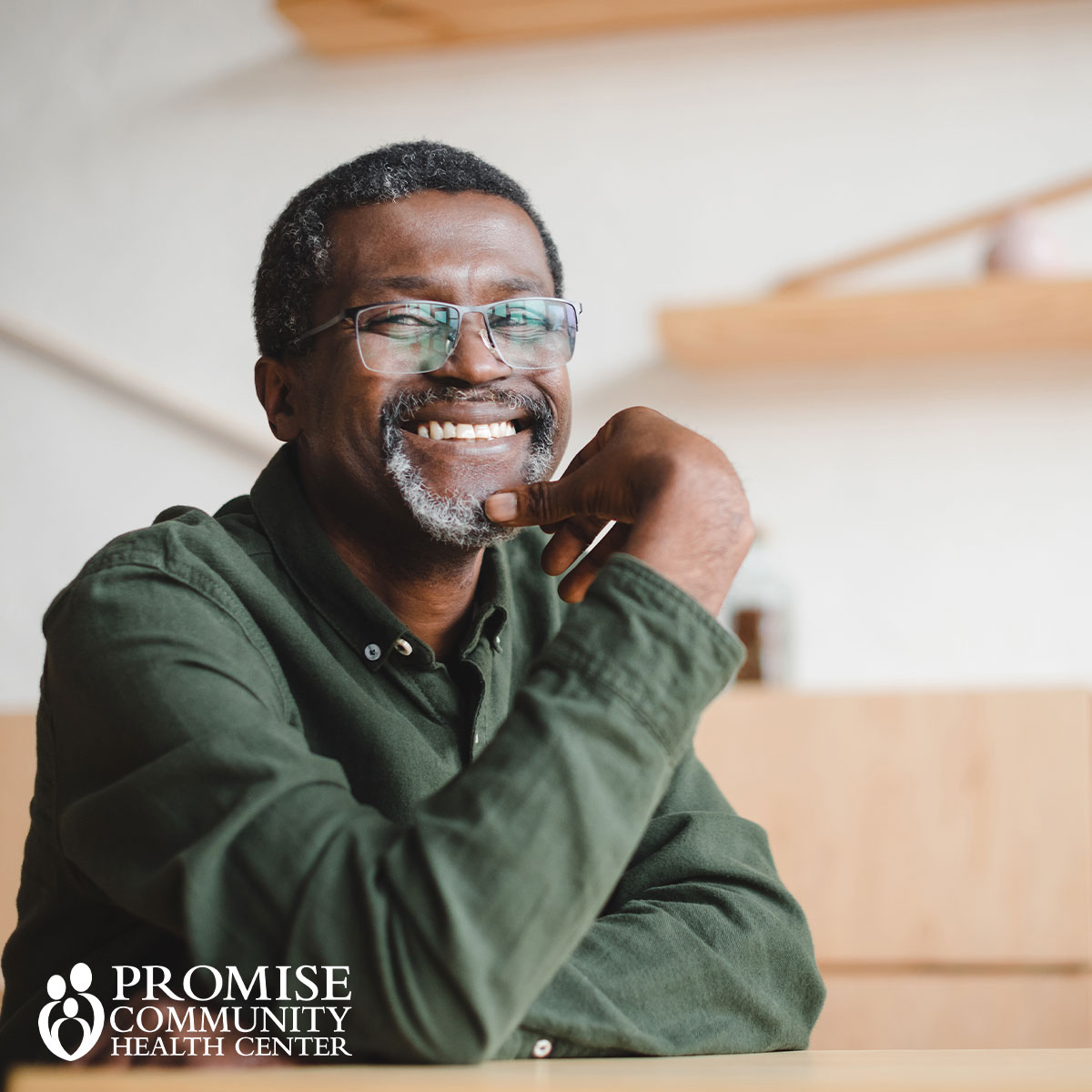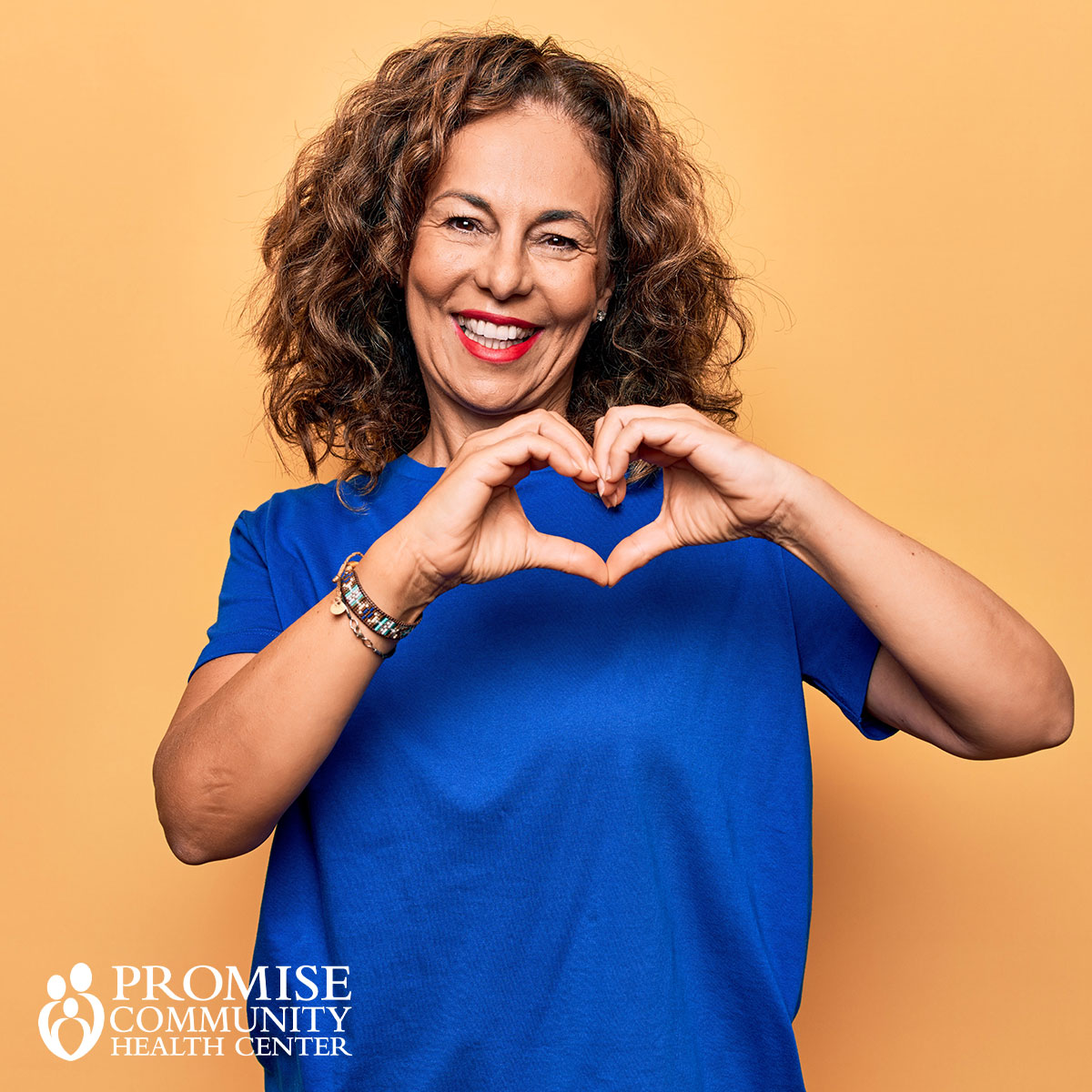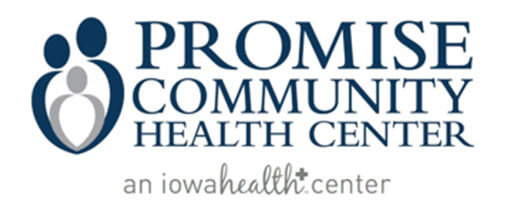
Self-esteem is the emotional evaluation of your self worth. Self-esteem is an important factor in showing confidence, starting and maintaining relationships, and feeling satisfaction and happiness. Understanding where self-esteem comes from and how you can increase will help you lead a more fulfilling life.
People with high self-esteem:
- Feel liked and accepted
- Are proud of what they do
- Believe in themselves

People with low self-esteem:
- Feel bad about themselves
- Are hard on themselves
- Think they are not good enough


Where does self-esteem come from?
Other people. The people in our lives can affect how we feel about ourselves. When they focus on what’s good about us, we feel good about ourselves. When they are patient when we make mistakes, we learn to accept ourselves. And when we have friends and get along, we feel liked.
Your Inner voice. The things you say to yourself play a big part in how you feel about yourself. Thinking, “I’m such a loser” or “I’ll never make friends,” hurts your self-esteem.
There are other ways to think about the same things. “I didn’t win this time, but maybe next time.” or “Maybe I can make some friends.” That voice is more hopeful. It helps you feel OK. And it could turn out to be true
Learning and Doing. We feel good when we learn to read, add, draw, or build. Play a sport, play music, write an essay, ride a bike. Set the table, wash the car. Help a friend, walk the dog. Each thing you learn and do is a chance to feel good about yourself. Step back and look what you can do. Let yourself feel happy with it.
Improving Low Self-Esteem
Be with people who treat you well. Some people act in ways that tear you down. Others lift you up by what they say and do. Learn to tell the difference. Choose friends who help you feel OK about yourself. Find people you can be yourself with. Be that type of friend for others.
Tune in to the voice in your head. Is it too critical? Are you too hard on yourself? For a few days, write down some of the things you say to yourself. Look over your list. Are these things you’d say to a good friend? If not, rewrite them in a way that’s true, fair, and kind. Read your new phrases often. Do it until it’s more of a habit to think that way.
Set goals and work toward them. If you want to feel good about yourself, do things that are good for you. Maybe you want to eat a healthier diet, get more fit, or study better. Make a goal. Then make a plan for how to do it. Stick with your plan. Track your progress. Be proud of what you’ve done so far. Say to yourself, “I’ve been following my plan to work out every day for 45 minutes. I feel good about it. I know I can keep it up.”


Promise Behavioral Health Team
We are committed to walking alongside our patients during difficult times in their lives. Promise provides a comfortable, safe, confidential space for patients to share their concerns. We also want to offer hope and allow patients to recognize they are capable of making positive changes in their lives. It takes courage to share with someone about sensitive areas of life, and we honor that courage. When patients share and unburden their hearts, it will ultimately empower them to create more wholeness and a higher quality of life.
Promise Community Health Center Mental Health Team
Promise Community Health Center offers a range of mental health services. Our mental health team collaborates with our patients to assess current coping skills, address emotional needs and work through lifelong patterns. These services are available on-site and by Telehealth by our mental health department.
Promise Community Health Center is proud to provide bilingual mental health therapy in northwest Iowa. Our bilingual therapist can provide mental health services in both English and Spanish. Promise also provides our patients with a mental health interpreter who is qualified to interpret into Spanish for Spanish speaking mental health patients. Our goal is to make sure that our patients are able to do mental health therapy in the language they feel most comfortable speaking. We are happy to have bilingual mental health therapists and counselors and a mental health interpreter to provide accessible and affordable bilingual therapy in Northwest Iowa.
What can Promise Community Health Center in Sioux Center mental health therapists help with:
- Developing & exploring effective coping skills
- Addressing emotional needs
- Working through lifelong patterns
- Working through difficult life situations
- Developing better communication skills
- and so much more!
Our mental health therapists and counselors in Sioux Center provide many therapies including:
- Individual Therapy
- Child Therapy
- Adolescent Therapy
- Couples Therapy
- Women’s Issues Therapy
- Online Therapy
- Family Therapy
Our Promise mental health therapists are specialized and trained in many different therapies including:
- Anxiety Therapy
- Trauma Therapy
- A.R.T.- Accelerated Response Therapy
- EMDR- Eye Movement Desensitization and Reprocessing Therapy
- Art Therapy
- DBT- Dialectical Behavior Therapy
- Generational Family Therapy
- Complex Trauma Therapy
- CBT- Cognitive Behavioral Therapy
- Trauma Services Therapy
- Post-Traumatic Stress Disorder Therapy
Our Sioux Center therapists and counselors are offering services to the following in our northwest Iowa communities:
- Children- Ages 8 and older
- Adolescents
- Adults
- Couples
- Families
Some of our mental health therapy patients come from Sioux Center, Rock Valley, Inwood, and Rock Rapids. We also provide mental health therapy and counseling for patients from Boyden, Hull, Sheldon, George, Sibley, and Spencer. Patients needing mental health therapy or counseling also come from Le Mars, Orange City, Alton, Hawarden, and Hudson. Promise is proud to provide mental health therapy and counseling to northwest Iowa.

